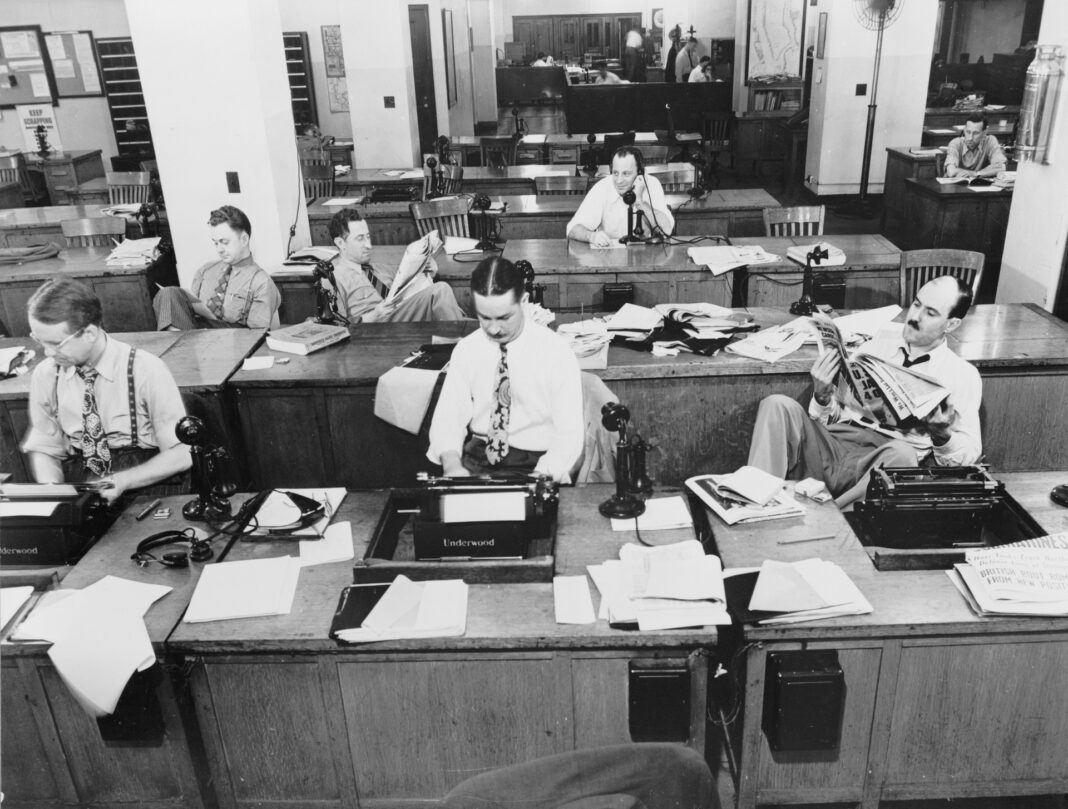In a surprising turn of events, The New York Times has recently filed a lawsuit against OpenAI, the creator of ChatGPT, and Microsoft. The lawsuit, filed in the final week of December, alleges that OpenAI utilized millions of articles from The New York Times in training its artificial intelligence models.
The newspaper claims that this practice not only constitutes copyright infringement but also poses a direct threat as unfair competition to traditional media outlets. In the legal documents, The New York Times argues that OpenAI’s use of its articles is also illegal. The lawsuit suggests that by incorporating copyrighted material without proper authorization, OpenAI has breached intellectual property rights. Furthermore, the newspaper claims that the AI models developed by OpenAI serve as direct competition to traditional media, as they can generate content in response to user queries.
Generative Artificial Intelligence and Training Data
Generative Artificial Intelligence, such as ChatGPT, is trained using diverse data sources from the internet, including newspapers, novels, webpages, encyclopedias, and more. This comprehensive training approach allows the models to generate human-like text responses to a wide array of queries.
The Challenge of Copyrighted Content
One significant challenge faced by AI developers is the use of copyrighted material in the training data. As AI models are trained on vast amounts of information gathered from the web, it becomes challenging to ensure that all the data used is free from copyright restrictions. The New York Times lawsuit sheds light on this issue, focusing on the unauthorized use of its articles in the training process.
OpenAI’s Response
OpenAI, a leading organization in artificial intelligence research, has not remained silent on the matter. In their initial response, they acknowledged the complexity of using diverse data sources and emphasized their commitment to addressing copyright concerns. OpenAI expressed a willingness to engage in a constructive dialogue to find a resolution.
Potential Implications
The outcome of this lawsuit could have far-reaching implications for the development and deployment of AI models. If The New York Times prevails, it may set a precedent for other media outlets to scrutinize the use of their content in AI training datasets. This could lead to a shift in how developers source and handle training data, with a greater emphasis on obtaining proper permissions for copyrighted material.
As artificial intelligence continues to evolve, so do the legal challenges associated with its development. The lawsuit filed by The New York Times against OpenAI highlights the complex issues surrounding the use of copyrighted content in training AI models. The outcome of this case could shape the future of AI development practices and the relationship between the technology sector and traditional media. It remains to be seen how this legal battle will unfold and whether it will prompt changes in the way AI developers approach training data and copyright compliance.



